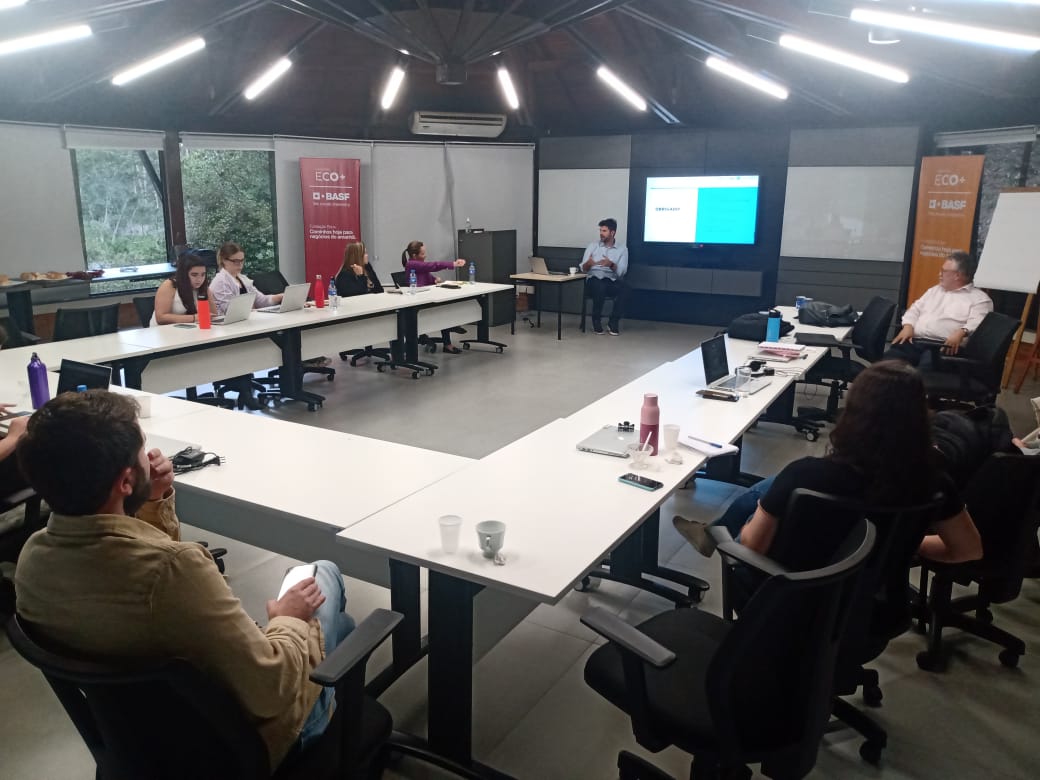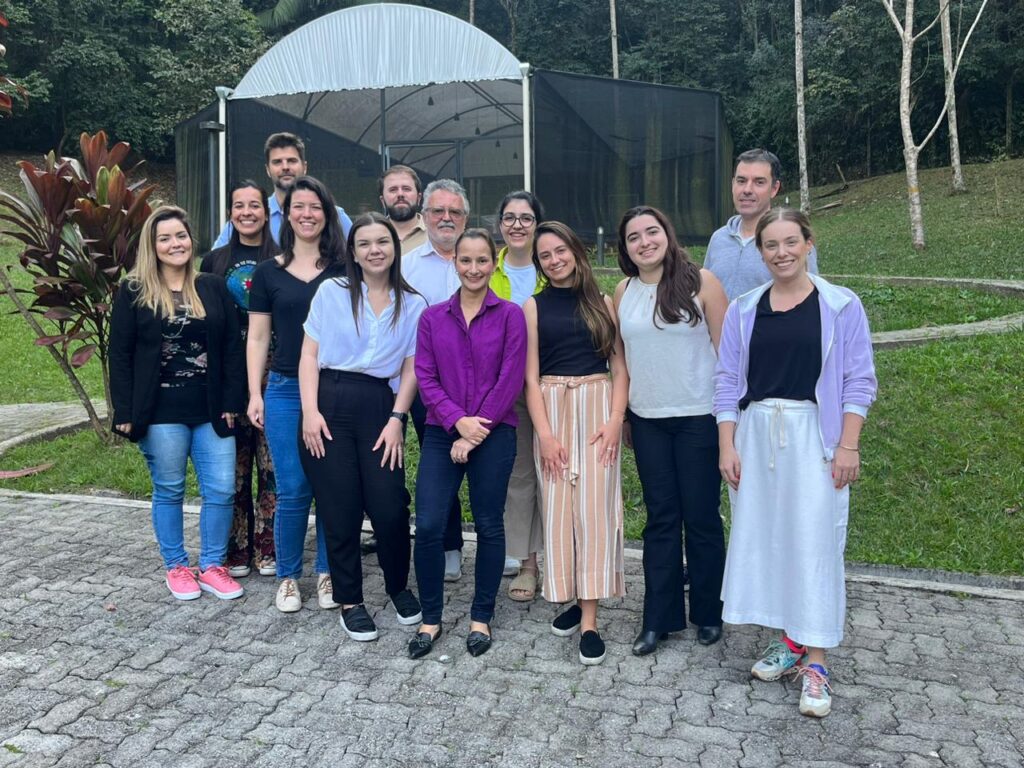
Although the purchase of carbon credits is still voluntary in Brazil, from the second half of the year onwards, companies' demand for this type of instrument tends to grow with the announcement of the Ecological Transition Plan by the federal government. In search of regulating the country's sustainable development, the developments in this market will serve to place Brazil at the forefront of the ESG agenda before the world.
“Brazil is considered one of the nations that has the most potential to lead the UN 2030 agenda in terms of Sustainability, and the regulation of carbon credits can be a great starting point to accelerate the so-called green economy”, says Amanda Baldochi, New Business Consultant at Fundação Eco+. The institution, maintained since 2005 by BASF, joined the Fundação SOCIAL CARBON to promote a series of training on the possibilities of new businesses based on the carbon market.
It is estimated that the global demand for carbon credits could increase 15 times or more by 2030. The approximately US$ 1 billion registered in these deals in 2021 could jump to at least US$ 50 billion in 2030, according to consultancy McKinsey. “This financial volume will encourage the creation of new sustainable business models, the development of partnerships to address complex problems and the creation of green jobs”, comments Amanda Baldochi.

Understanding the carbon market is important to achieve the so-called green economy, as it is committed to ensuring the following topics are covered by different organizations:
- Context global: the importance of being aware of international regulations and existing initiatives to reduce greenhouse gas emissions. This allows for a broader understanding of the current climate scenario and the opportunities and risks associated with the carbon market;
- Iimpacts of climate change: understanding how human actions affect the climate and what the consequences of this are is fundamental to taking positive actions and sustainable solutions;
- Opportunities of new business: The carbon market creates business opportunities related to climate change mitigation and adaptation. With proper legal knowledge, people can identify these opportunities and exploit them effectively;
- Greeting of regulations: Many countries and regions have implemented regulations related to the carbon market, such as emissions trading systems and carbon taxes. Knowing the policies and legislation in force opens up ways to remain competitive in this new phase of the economy;
- Reducing risks and costs: For businesses already undergoing this transformation, it is important to understand how to assess, mitigate and report greenhouse gas emissions. This allows the identification of opportunities for improvement in operations, in addition to anticipating the transition to a low-carbon economy and minimizing possible financial and reputational risks.
Despite expectations, the regulated carbon market does not intend to solve all problems linked to CO emissions2. In this sense, Amanda says that companies need to do their homework and manage their own emissions, with clear and feasible reduction targets. A carbon sustainability strategy, according to her, consists of five steps: diagnose, quantify, reduce, compensate and innovate. “It is important for the company to diagnose the business throughout its value chain, seeking to understand best practices, risks and opportunities, to begin implementing improvements”, account.
CO Compensation Program2
Maintained by BASF since 2005, the Eco+ Foundation is a consultancy and research center for sustainability with the character of OSCIP (Civil Society Organization of Public Interest). The institution works to promote sustainable journeys for companies with different levels of maturity.
With a focus on measurement, it guides businesses and companies that think in the long term and want to develop their economic, social and environmental values in an integrated way for all of South America.
The institution has a CO compensation program2 which is carried out in partnership with BASF. The Mata Viva® Program was created in 1984 to assist the German multinational's factory in Guaratinguetá (SP) and, since then, has become a carbon solution for companies. From 1984 to 2022, more than 1.4 million trees planted and 800 hectares of forests restored. This corroborated with the estimated removal of 196 thousand tons of CO2 of the atmosphere.
Share